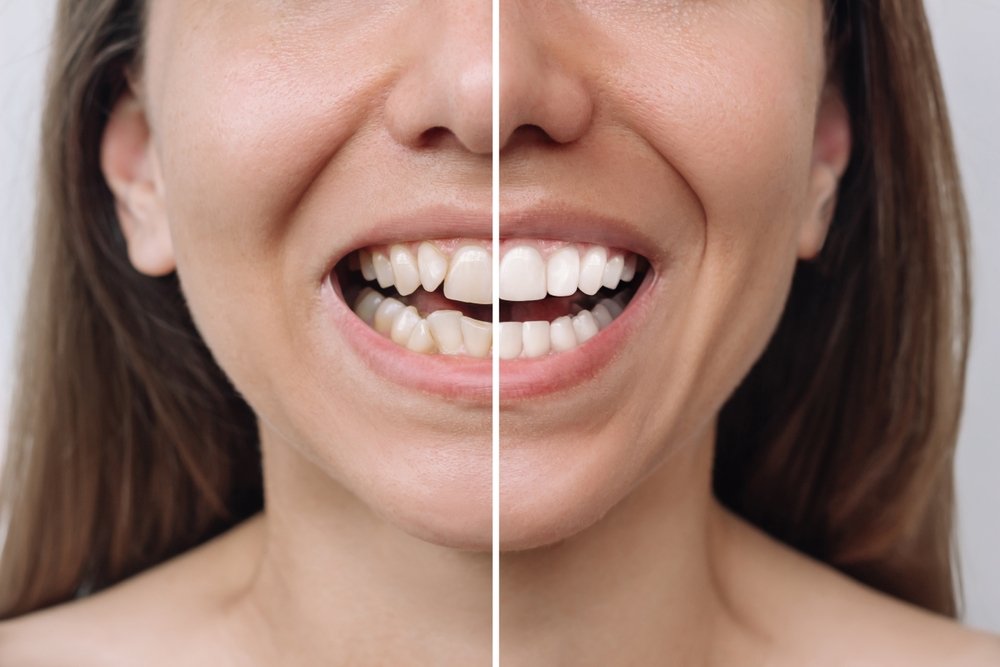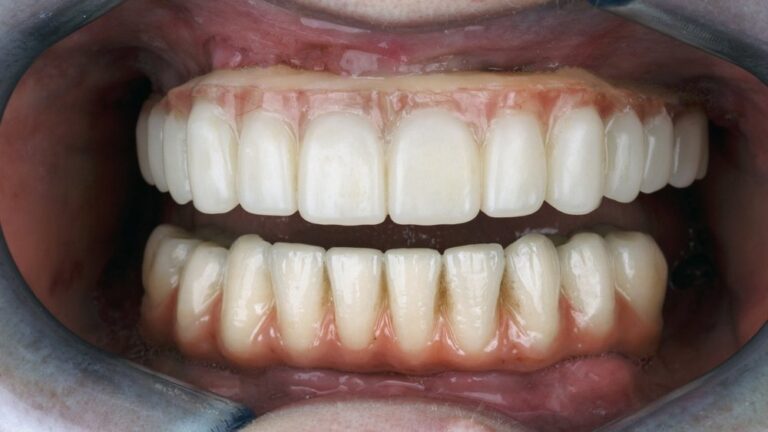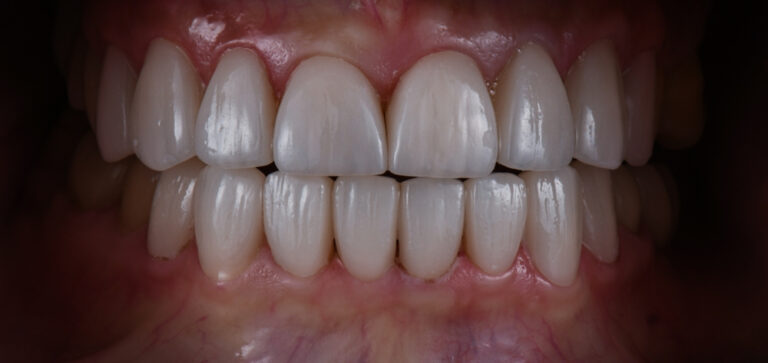In the realm of cosmetic dentistry, the difference between porcelain veneers and crowns often becomes a focal point of discussion. Both have emerged as popular solutions for those seeking to enhance their smiles. While they may seem similar at first glance, these two dental treatments serve different purposes and offer unique benefits. Understanding the distinctions between them is crucial for anyone considering a smile makeover. This article delves deep into the difference between porcelain veneers and crowns, exploring aspects from design and material composition to cost, longevity, and more.
Design and Material Composition: Veneers vs. Crowns
Porcelain veneers and crowns are both crafted from high-quality ceramic materials, but their design and application differ significantly.
- Porcelain Veneers:
- Design: Veneers are thin shells of porcelain custom-made to fit the front surface of a tooth. They are primarily used to enhance the appearance of the visible part of the tooth.
- Application: Veneers are bonded to the front surface of the tooth, requiring minimal removal of the natural tooth structure.
- Purpose: Ideal for correcting minor cosmetic issues such as discoloration, gaps, or slightly misaligned teeth.
- Porcelain Crowns:
- Design: Crowns, often referred to as “caps,” are designed to cover the entire tooth. They are custom-made to fit over the natural tooth, replacing its external portion.
- Application: Crowns necessitate more extensive preparation, as they cover the whole tooth. This often involves grinding down the tooth to ensure a proper fit.
- Purpose: Crowns are used for both restorative and cosmetic purposes. They can strengthen a weakened or damaged tooth, protect a tooth after a root canal, or enhance the appearance of a severely discolored or misshapen tooth.
Comparative Table: Veneers vs. Crowns
| Feature | Porcelain Veneers | Porcelain Crowns |
|---|---|---|
| Material | High-quality ceramic | High-quality ceramic |
| Design | Thin shell | Full tooth coverage |
| Application | Bonded to the front surface | Covers the entire tooth |
| Tooth Preparation | Minimal | Extensive |
| Purpose | Cosmetic enhancement | Restorative & cosmetic |
| Longevity | 10-15 years (with proper care) | 10-20 years (with proper care) |
| Cost (estimated) | $900 – $2,500 per tooth | $1,000 – $3,500 per tooth |
Whether you’re considering veneers or crowns, it’s essential to consult with a dental professional to determine the best solution for your specific needs. Both treatments offer transformative results, but the right choice depends on the condition of your teeth and your desired outcome.
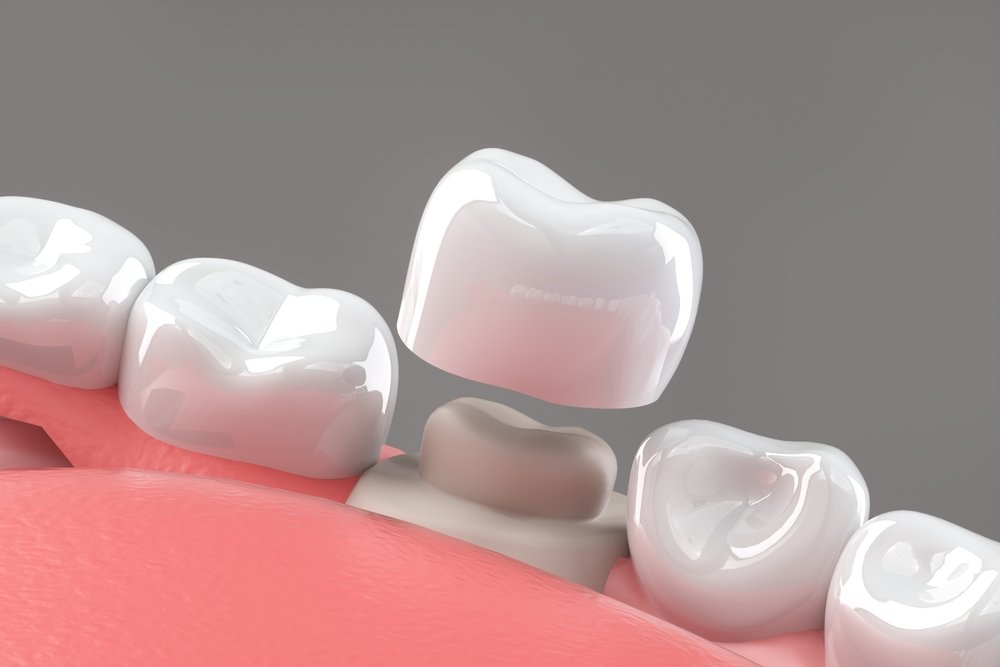
Price Breakdown: Cost of Porcelain Veneers vs. Crowns
The cost of dental treatments can be a significant factor in decision-making for many individuals. When comparing porcelain veneers and crowns, several elements contribute to their respective prices.
- Initial Consultation: Before undergoing any dental procedure, a consultation with a dentist is essential. Some clinics offer free initial consultations, while others may charge a fee. This consultation helps determine the suitability of the procedure for the patient and provides an opportunity to discuss any concerns.
- Material and Laboratory Fees: Both veneers and crowns require high-quality porcelain, which can be pricey. The craftsmanship involved in creating these dental pieces in a laboratory also contributes to the cost.
- Dentist’s Expertise: The experience and reputation of the dentist play a role in the pricing. Highly skilled and renowned dentists might charge more due to their expertise and the quality of work they deliver.
- Geographical Location: The cost of living in a particular area can influence the price of dental procedures. For instance, getting veneers or crowns in metropolitan areas might be more expensive than in smaller towns.
- Additional Procedures: Sometimes, before placing a veneer or crown, additional treatments like root canals, gum reshaping, or tooth extractions might be necessary, adding to the overall cost.
Estimated Cost:
- Porcelain Veneers: The cost of porcelain veneers can range from $900 to $2,500 per tooth, depending on the factors mentioned above.
- Porcelain Crowns: Crowns typically cost between $1,000 and $3,500 per tooth. The price can vary based on the material used (all-porcelain, porcelain-fused-to-metal, etc.) and other factors.
Factors Influencing the Price of Veneers and Crowns
When considering the cost of porcelain veneers and crowns, it’s essential to understand the various factors that can influence the final price. Here’s a breakdown of the primary determinants:
- Type of Material: The choice between all-porcelain, porcelain-fused-to-metal, zirconia, or other materials can significantly impact the cost. All-porcelain tends to be more expensive due to its aesthetic appeal and natural look.
- Complexity of the Procedure: Some teeth may require more preparation or a more intricate design, leading to higher costs. For instance, a tooth that needs significant reshaping before placing a veneer or crown might incur additional charges.
- Laboratory Charges: The dental lab that manufactures the veneer or crown plays a role in the cost. High-end labs that produce top-quality restorations often charge more.
- Additional Treatments: As mentioned earlier, procedures like root canals, gum contouring, or orthodontic treatments, if needed alongside, can add to the overall cost.
- Maintenance and Aftercare: Post-procedure check-ups, potential adjustments, and recommended aftercare products or treatments can also influence the total expenditure.
- Dental Insurance: Depending on your dental insurance plan, a portion of the costs might be covered, especially if the procedure is not just cosmetic but also restorative.
- Clinic’s Reputation: Established clinics with a track record of successful procedures might charge a premium for their services.
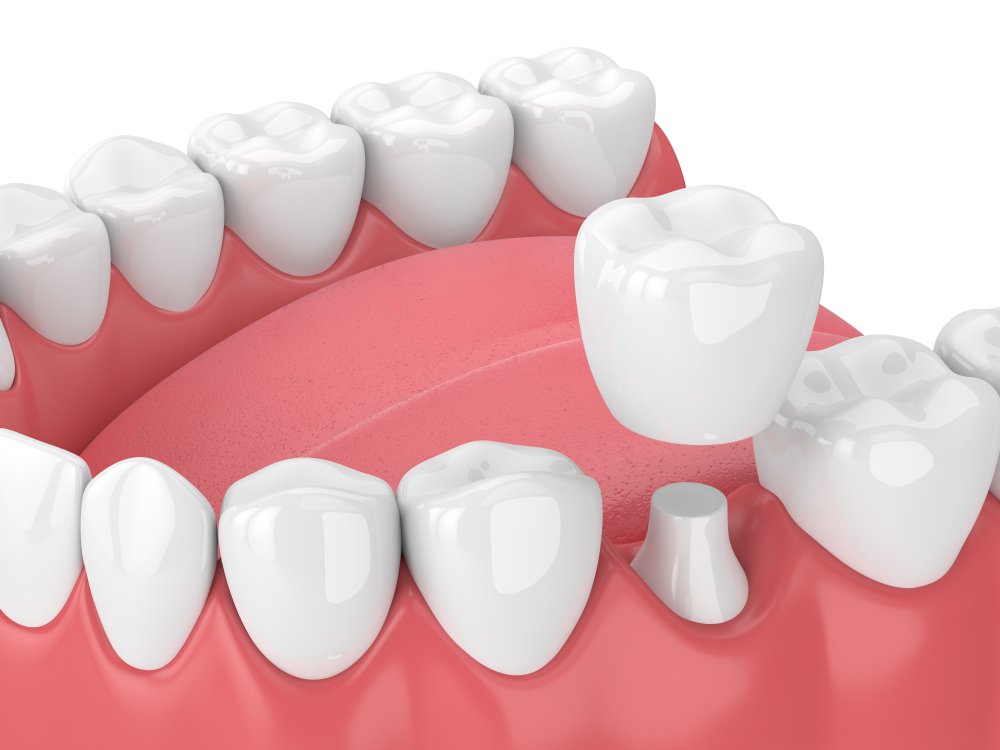
Longevity, Durability, and Maintenance: Veneers vs. Crowns
When investing in dental procedures, understanding the longevity and durability of the treatment is crucial. Both veneers and crowns offer long-lasting solutions, but they come with their respective maintenance requirements.
- Porcelain Veneers:
- Longevity: With proper care, porcelain veneers can last between 10 to 15 years, sometimes even longer.
- Durability: Veneers are resistant to staining and mimic the strength of natural tooth enamel. However, they can chip or crack if exposed to excessive force.
- Maintenance: Regular dental check-ups, good oral hygiene, avoiding hard foods, and wearing a nightguard if you grind your teeth can extend the lifespan of your veneers.
- Porcelain Crowns:
- Longevity: Crowns typically last between 10 to 20 years, depending on the wear and tear they experience and how well they are cared for.
- Durability: Crowns cover the entire tooth, providing added strength, especially for weakened or damaged teeth.
- Maintenance: Like veneers, maintaining good oral hygiene, regular dental visits, and avoiding behaviors that can damage the crown (like using teeth to open packages) are essential.
Both veneers and crowns require a commitment to oral care to ensure their longevity. It’s also crucial to follow any specific care instructions provided by your dentist.
Recommendations and Reviews: Veneers vs. Crowns
When deciding between veneers and crowns, patient testimonials and recommendations can offer valuable insights. Here are some reviews from patients who have undergone these procedures:
- Jane from Tampa: “I opted for porcelain veneers to correct some minor discoloration and gaps. The results are stunning, and I feel more confident in my smile. The procedure was painless, and the recovery was swift.”
- Michael from Orlando: “After a root canal, my dentist recommended a porcelain crown to protect my weakened tooth. Not only does the crown blend seamlessly with my other teeth, but it also feels strong and natural.”
- Linda from Miami: “I was torn between getting veneers or crowns. After consulting with my dentist, I chose veneers for my front teeth and crowns for the back. The combination worked perfectly for me, and I’m thrilled with the results.”
Listening to real-life experiences can help potential patients set realistic expectations and make informed decisions. Always consult with a dental professional to determine the best solution for your unique needs.
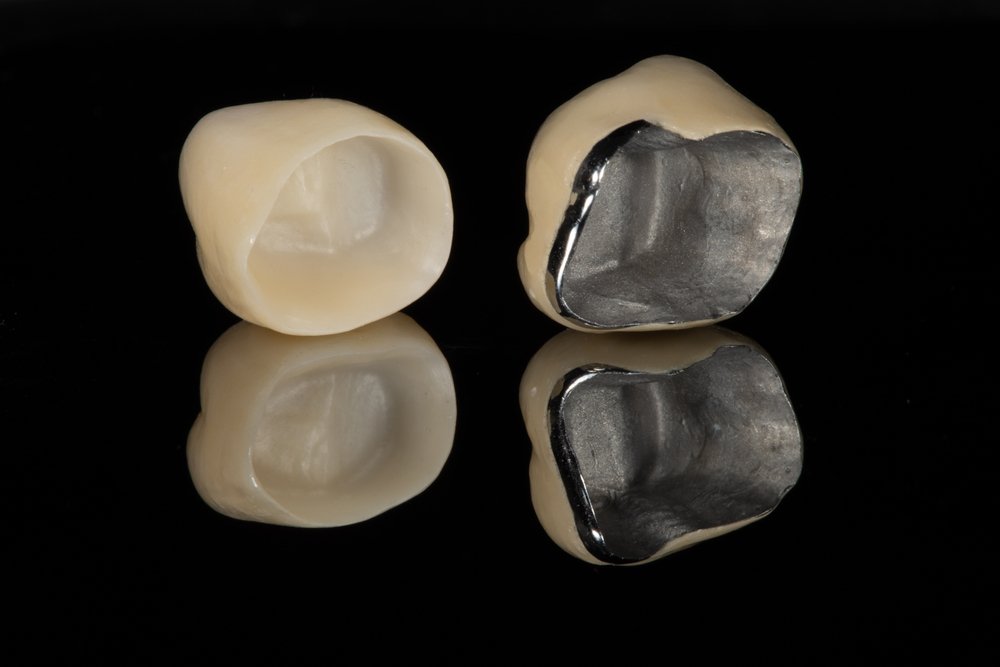
Return on Investment: Veneers vs. Crowns as a Dental Solution
Investing in your smile can have profound effects on your confidence, oral health, and overall quality of life. Both veneers and crowns, while having different applications, offer a substantial return on investment. Here’s how:
- Enhanced Aesthetics: Both veneers and crowns can drastically improve the appearance of your teeth, giving you a brighter and more symmetrical smile.
- Protection: Crowns, in particular, provide a protective shield for damaged or weakened teeth, preventing further deterioration and potential tooth loss.
- Durability: With proper care, both veneers and crowns can last for many years, making them a long-term investment in your oral health.
- Improved Functionality: Damaged or misaligned teeth can affect your bite and overall mouth function. Veneers and crowns can restore the functionality of your teeth, making everyday activities like eating more comfortable.
- Boosted Confidence: A beautiful smile can significantly boost your self-esteem, making you feel more confident in social and professional settings.
Considering the long-term benefits, both veneers and crowns offer excellent value for money. However, it’s essential to consult with a dental professional to understand which option is best suited for your specific needs and budget.
